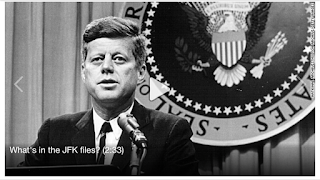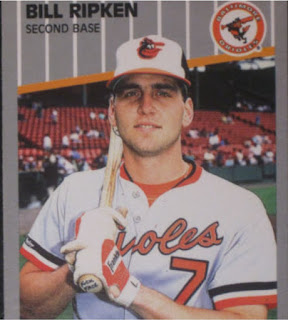I'll start the conservation here because it's relevant. Tim Tebow knelt *during* games, and he was either lauded or no one cared. He was calling attention to himself for his cause: religion.
Meanwhile, black players kneel *before* the game to draw attention to their cause: social justice. And there is much discussion and public outcry on every side of the issue. At least in part because the man in the Oval Office is race baiting.
So the NFL is trying to decide what to do about all of this. The only thing that really matters here is public perception and (more importantly) money.
And then the underlying race issue rears its head in the ensuing discussions. Old, white owners say really stupid things to the black players. I won't say it was intentional, but certainly the roots of racism run deep, because they said things they wanted to say, but which are at the very core of the issue. Saying they can't let the inmates run the prison is exactly what the kneeling players are protesting in general. Sure, it's an expression, but wrong in the context. And then to even comment on race at all for the owners isn't right.
Should the NFL do something? That's within their control and, as the workplace, they can. But they have to ban kneeling to promote a cause, including prayer, in its entirety. And find a way to keep,it from being the focal point of games.
Players can and should protest in their own way. But stop saying it's about patriotism. And let's have an honest discussion about racism. Perhaps the NFL could create a forum to let players express themselves, and let them not come out for the anthem if they so choose. And because this has become a hot button issue, maybe the players need to find a new way to express their views.













